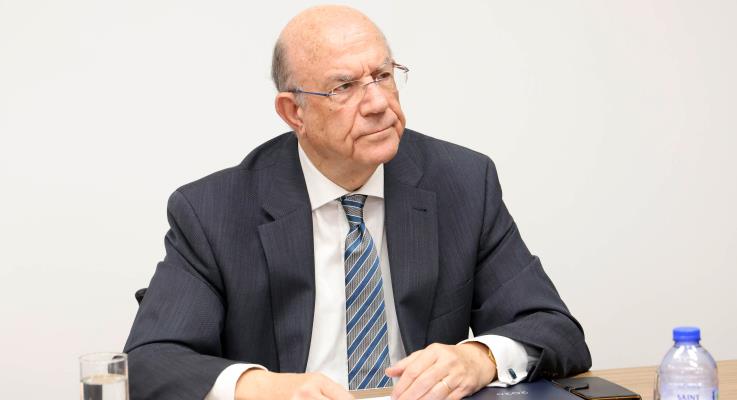The 2025 state budget was approved by a sizeable majority on Wednesday evening, only Akel and the Greens plus two independent deputies voting against it. Main opposition party Disy voted in favour, stating afterwards that it was taking a responsible approach, but would “monitor the budget’s implementation closely.”
It was a straightforward state budget, based on the assumption that the strong performance of the economy would continue next year and that tax revenues would continue to rise. Total projected revenues are forecasted to increase by 4.1 per cent to €11.75 billion, while the budget surplus would be an impressive 3 per cent GDP, despite the government’s random spending decisions that are designed to satisfy voter groups rather than boost development.
Finance Minister Makis Keravnos hailed the “responsible” stance of the parties, saying this was “a balanced, development budget which reflects the expectations of society.” With this “tool we will now proceed as we have been proceeding until today, on a development course for the benefit of the whole of society.” In line with the government style that puts an emphasis on words rather than action, this was not much of a development budget. €1.5 billion would be spent on development, up by 4.4 per cent on 2024, and it is a tradition for government not to spend anywhere near the budgeted amount.
If anything marked the two budgets the Christodoulides government has produced so far, it is not so much a focus on development but on the growth of public payroll, something highlighted by former Disy leader Averof Neophytou in his speech on Tuesday. Neophytou warned that the public payroll was growing and “soon it will reach unsustainable levels.” Two years ago, in 2022, it was €3.2bn while at the end of this year it was set to exceed €4bn, while next year it is forecasted to reach €4.3bn.
In a period of three years, it would have increased by a staggering 34 per cent (€1.1bn) said Neophytou. It is an unsustainable increase that had no relation to productivity and no relation to the rate of growth of the economy, he said. In Cyprus, the public payroll was 11.5 per cent of GDP, compared to 8.1 per cent in Germany, 8.3 per cent in The Netherlands and 9.4 per cent in Malta. The digitalisation of the state, to which the government constantly pays lip service to, seems to require more workers than were employed before the digital transition had begun. Even more paradoxical was what was happening in public education, said Neophytou. While the total number of students at all public schools increased by 3 per cent in the 2024/25 school year, the number of teachers has increased by 12 per cent.
The generous annual pay rises and constant hiring of staff has been the main priority of this government and Neophytou is absolutely right to warn that the public payroll was heading to unsustainable levels. Unfortunately, there were not many deputies talk about the government’s reckless generosity to public employees, which totally undermines Keravnos’ claims about a budget that would benefit the whole of society. How will the whole of society benefit when the public payroll becomes unsustainable, only the finance minister can tell us.






Click here to change your cookie preferences